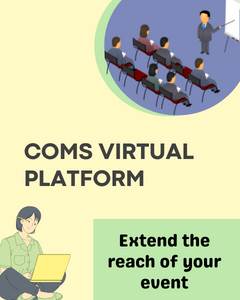Conferences > Mathematics > Automated Theorem Proving
Select a location
ALL COUNTRIES (3)
1
Dagstuhl-Seminar — Proof Systems in Actual Practice: Reasoning and Computation
15 Mar 2026 - 20 Mar 2026 • Schloss Dagstuhl, Germany
Event listing ID:
1671262
Event website:
2
Workshop — Validated numerics for computer-assisted proofs
06 Jul 2026 - 10 Jul 2026 • ICMS, Bayes Centre, Edinburgh , United Kingdom
Event listing ID:
1670147
3
LFCW03 — Bridges between proofs, communication, and computation
30 Nov 2026 - 04 Dec 2026 • Cambridge, United Kingdom
Event listing ID:
1684990
Event website:
Conference-Service.com offers, as part of its business activities, a directory of upcoming scientific and technical meetings. The calendar is published for the convenience of conference participants and we strive to support conference organisers who need to publish their upcoming events. Although great care is being taken to ensure the correctness of all entries, we cannot accept any liability that may arise from the presence, absence or incorrectness of any particular information on this website. Always check with the meeting organiser before making arrangements to participate in an event!
Last updated: 25 November 2025




